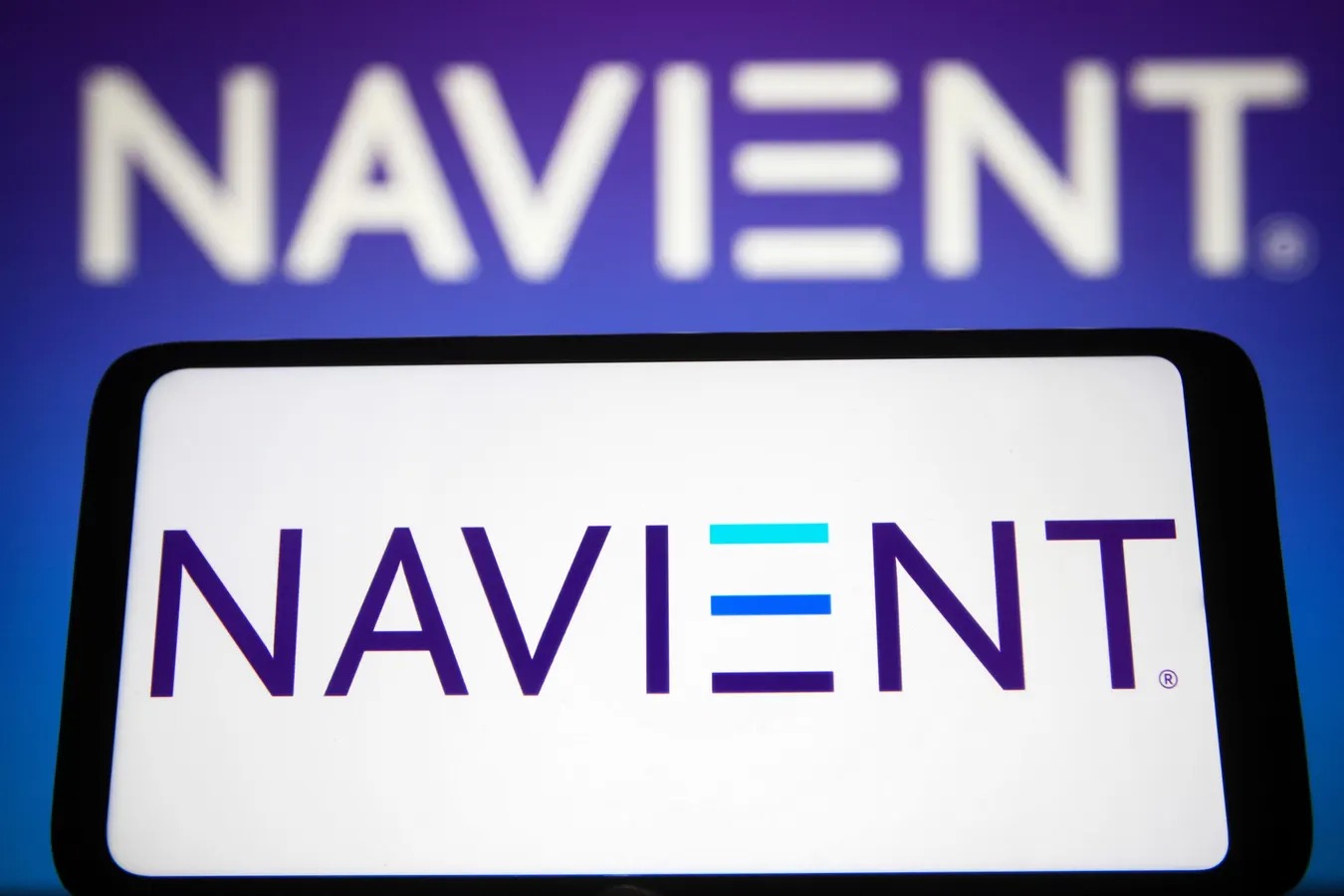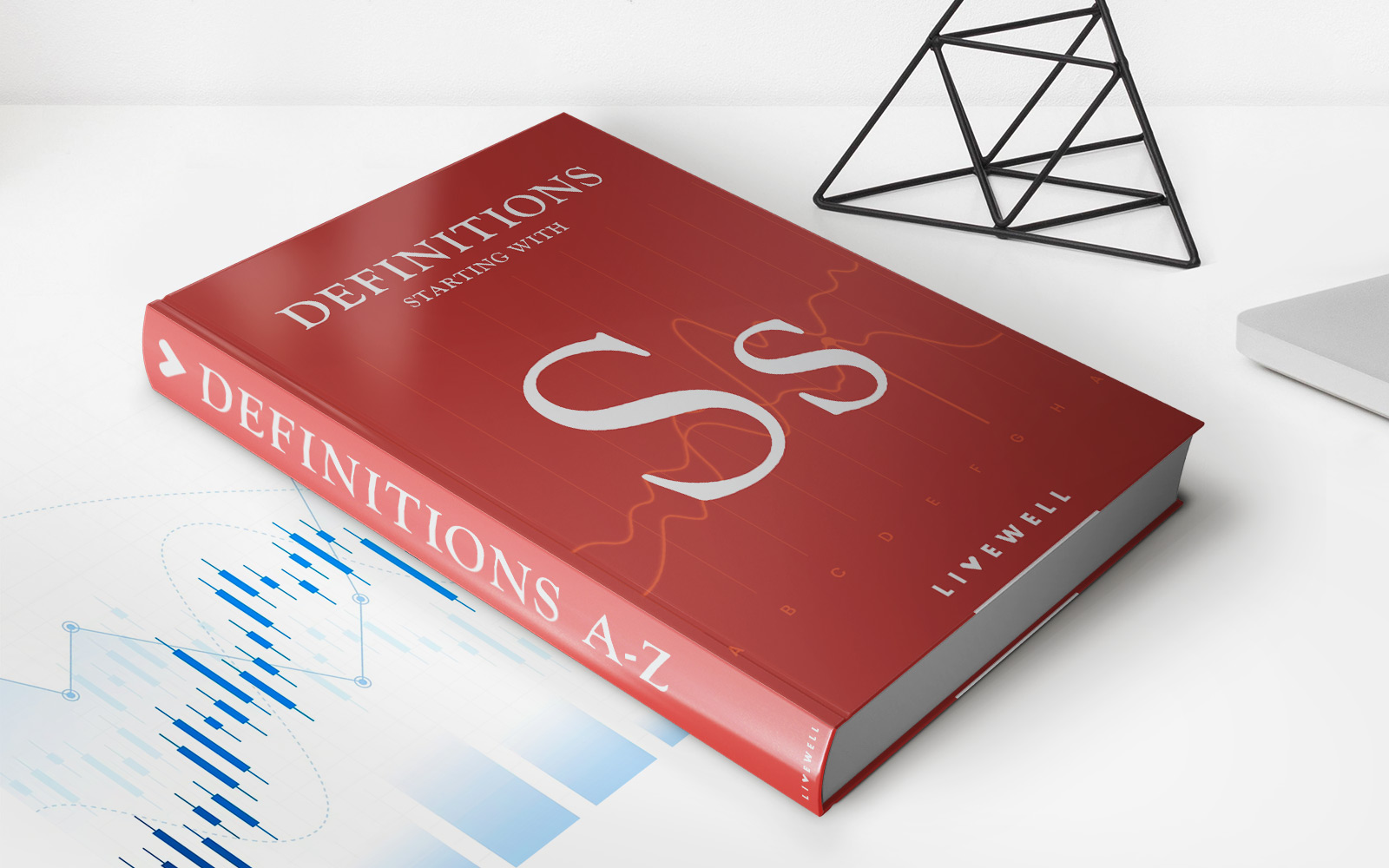

Finance
Student Loans: What Is A Grace Period?
Published: February 20, 2024
Learn about the grace period for student loans and how it impacts your finances. Understand the implications for managing your loan payments effectively.
(Many of the links in this article redirect to a specific reviewed product. Your purchase of these products through affiliate links helps to generate commission for LiveWell, at no extra cost. Learn more)
Table of Contents
Introduction
Understanding Student Loans
Student loans are a common means of financing higher education, helping students to cover tuition, books, and living expenses. These loans come in various forms, including federal and private loans, each with its own terms and conditions. It’s crucial for students to understand the intricacies of their loans to make informed decisions and manage their finances effectively.
One important aspect of student loans is the grace period, which offers borrowers a window of time after graduation, leaving school, or dropping below half-time enrollment before they are required to start repaying their loans. Understanding the grace period and how it works is essential for making sound financial plans and avoiding unnecessary stress as borrowers transition from school to the workforce.
In this article, we will delve into the concept of a grace period, its significance, and how it can benefit borrowers. By gaining insights into the workings of a grace period, borrowers can make informed choices and effectively manage their student loan repayment process.
Understanding Student Loans
Student loans are financial tools designed to help individuals pursue higher education by covering the costs associated with attending college or university. These loans can be obtained from the government or private financial institutions, each with its own set of terms and conditions. Federal student loans typically offer more favorable terms, such as lower interest rates and flexible repayment options, making them a popular choice for many students.
When students take out loans to fund their education, they enter into a legal agreement to repay the borrowed amount, along with any accrued interest, within a specified timeframe. It’s important for borrowers to carefully review the terms of their loans, including the repayment schedule, interest rates, and available grace period, to effectively plan for the future.
Managing student loans involves understanding the various repayment plans, loan forgiveness options, and the implications of defaulting on payments. Additionally, borrowers need to stay informed about their loan servicers, who act as intermediaries between the borrower and the lender, assisting with repayment plans, deferment, and other related matters.
Given the long-term impact of student loans on an individual’s financial well-being, it’s essential for borrowers to make informed decisions and stay proactive in managing their debt. Understanding the intricacies of student loans empowers borrowers to navigate the complexities of higher education financing and make sound financial choices both during and after their academic pursuits.
What Is a Grace Period?
A grace period, in the context of student loans, refers to a set period of time during which borrowers are not required to make payments on their loans. This timeframe typically follows a significant event, such as graduation, leaving school, or dropping below half-time enrollment status. The grace period provides borrowers with a transitional period to secure employment and establish their financial stability before they commence repaying their student loans.
For federal student loans, the standard grace period is six months, offering borrowers a valuable window of time to prepare for the financial responsibilities associated with loan repayment. However, it’s important to note that not all student loans have a grace period, and the duration of the grace period may vary depending on the loan agreement and the lender’s policies.
During the grace period, interest may continue to accrue on the loan, especially for unsubsidized federal loans and private loans. This means that although borrowers are not required to make payments during this period, the outstanding interest will be added to the principal balance of the loan, potentially increasing the total amount to be repaid.
Understanding the presence and terms of the grace period is crucial for borrowers, as it impacts their financial planning and budgeting. By leveraging the grace period effectively, borrowers can make informed decisions about their post-graduation finances and avoid unnecessary stress associated with immediate loan repayment.
Importance of a Grace Period
The grace period holds significant importance for borrowers as it serves as a crucial buffer between completing their education and entering the workforce. This transitional phase allows individuals to focus on securing employment, adjusting to post-graduation life, and establishing a financial plan without the immediate burden of student loan repayment.
One of the primary benefits of the grace period is that it provides borrowers with the opportunity to find stable employment and generate income before they are required to allocate funds towards loan repayment. This period of financial flexibility can be instrumental in helping graduates set a solid foundation for their careers without the added stress of managing loan payments from the outset.
Moreover, the grace period allows borrowers to assess their overall financial situation, including living expenses, relocation costs, and other financial obligations, before incorporating student loan payments into their budget. This proactive approach enables individuals to make informed decisions about their post-graduation finances and avoid potential financial strain during the initial stages of their professional journey.
Additionally, the grace period offers a window of time for borrowers to explore and evaluate various repayment options available for their student loans. By researching and understanding the different repayment plans and strategies, borrowers can choose the most suitable approach that aligns with their financial circumstances and long-term goals, ensuring a more manageable and sustainable repayment process.
Overall, the grace period plays a pivotal role in empowering borrowers to transition from student life to the workforce with greater financial stability and confidence. It provides the necessary breathing room for graduates to navigate the complexities of post-graduation life, make informed financial decisions, and embark on their professional journeys without the immediate pressure of student loan repayment.
How Does a Grace Period Work?
A grace period operates as a designated timeframe during which borrowers of student loans are not obligated to make payments towards their loan balances. This period typically follows a significant event, such as graduation, leaving school, or dropping below half-time enrollment status. The mechanics of a grace period can vary based on the type of loan and the lender’s policies, but the fundamental principles remain consistent.
During the grace period, borrowers are granted temporary relief from making loan payments, allowing them to focus on securing employment, adjusting to post-graduation life, and establishing their financial footing. This period of financial flexibility is designed to support graduates during the transition from student life to the workforce, providing a valuable window of time to organize their finances without the immediate burden of loan repayment.
It’s important to note that while borrowers are not required to make payments during the grace period, interest may continue to accrue on their loans, particularly for unsubsidized federal loans and private loans. This means that the outstanding interest during the grace period will be added to the principal balance of the loan, potentially increasing the total amount to be repaid. Understanding the implications of accruing interest during this period is essential for borrowers to make informed decisions about their financial planning and budgeting.
For federal student loans, the standard grace period typically lasts for six months, offering graduates a reasonable timeframe to secure employment and prepare for the financial responsibilities associated with loan repayment. However, it’s important for borrowers to verify the specific terms of the grace period associated with their loans, as variations may exist based on the loan agreement and the lender’s policies.
By comprehending how a grace period operates and its impact on their loans, borrowers can effectively leverage this period to navigate the complexities of post-graduation life, explore various repayment options, and make informed financial decisions that align with their career aspirations and financial well-being.
Benefits of a Grace Period
The grace period associated with student loans offers a range of benefits that can significantly ease the transition from student life to the workforce and facilitate responsible financial planning for graduates. Understanding these advantages empowers borrowers to make informed decisions and effectively leverage the grace period to their advantage.
- Financial Flexibility: The grace period provides borrowers with a valuable window of financial flexibility, allowing them to focus on securing employment and establishing their careers without the immediate burden of student loan repayment. This period enables graduates to allocate their resources towards essential living expenses and professional development, contributing to a smoother transition into the workforce.
- Time for Budgeting and Planning: By deferring loan payments during the grace period, borrowers have the opportunity to assess their financial situation, create a comprehensive budget, and plan for the inclusion of student loan payments in their monthly expenses. This proactive approach facilitates responsible financial planning and helps graduates avoid potential financial strain during the initial stages of their professional journey.
- Exploration of Repayment Options: The grace period offers borrowers the time to explore and evaluate various repayment options available for their student loans. This includes researching income-driven repayment plans, loan consolidation, and other strategies that align with their financial circumstances and long-term goals. By understanding the available options, graduates can make informed decisions about managing their student loan debt effectively.
- Career Focus: With the burden of immediate loan repayment temporarily lifted, graduates can concentrate on securing employment opportunities that align with their career aspirations and long-term goals. This period of career focus and exploration can lead to more informed decisions about job opportunities, potentially resulting in greater job satisfaction and financial stability.
Overall, the grace period serves as a vital tool for graduates, offering them the necessary time and flexibility to transition into the workforce, plan for their financial obligations, and explore the most suitable repayment strategies for their student loans. By leveraging the benefits of the grace period, borrowers can embark on their professional journeys with greater confidence and financial stability.
Tips for Using Your Grace Period Wisely
Effectively utilizing the grace period associated with student loans can significantly impact a graduate’s financial well-being and long-term loan management. By implementing strategic measures during this transitional phase, borrowers can maximize the benefits of the grace period and lay a solid foundation for responsible loan repayment. Here are valuable tips for using your grace period wisely:
- Financial Assessment: Use the grace period to conduct a comprehensive assessment of your financial situation. Calculate your anticipated income, living expenses, and other financial obligations to gain a clear understanding of your budget once loan repayment begins. This assessment will help you plan for the inclusion of student loan payments in your monthly expenses.
- Explore Repayment Options: Research the various repayment plans available for your student loans, including income-driven repayment options, loan consolidation, and forgiveness programs. Understanding these options will empower you to choose a repayment strategy that aligns with your financial circumstances and long-term goals.
- Establish a Budget: Create a detailed budget that incorporates your anticipated income and expenses post-graduation. Factor in student loan payments, rent, utilities, groceries, and other essential costs to ensure that you can manage your finances effectively once the grace period ends.
- Build an Emergency Fund: Consider allocating a portion of your income towards building an emergency fund during the grace period. Having a financial safety net can provide peace of mind and protect you from unexpected expenses or financial challenges in the future.
- Professional Development: Use the grace period to focus on professional development and career advancement. Explore networking opportunities, attend career fairs, and consider additional training or certifications that can enhance your employment prospects and earning potential.
- Communicate with Your Loan Servicer: Stay in touch with your loan servicer to understand the details of your loan agreement and explore any questions or concerns you may have. Clarifying the terms of your loan and repayment options can help you make informed decisions about managing your student loan debt.
By implementing these tips and utilizing the grace period wisely, borrowers can set a strong financial foundation, explore repayment options, and make informed decisions about managing their student loan debt effectively. This proactive approach can lead to greater financial stability and confidence as graduates transition into the workforce.
Conclusion
The grace period associated with student loans serves as a valuable tool for graduates, offering a crucial transitional phase between completing their education and entering the workforce. By providing temporary relief from loan payments, the grace period empowers borrowers to focus on securing employment, assessing their financial situation, and exploring repayment options without the immediate burden of loan repayment.
Understanding the mechanics and benefits of the grace period is essential for graduates to make informed financial decisions and effectively manage their student loan debt. By leveraging this period wisely, borrowers can lay a solid foundation for responsible loan repayment, budgeting, and long-term financial stability.
During the grace period, graduates have the opportunity to assess their financial situation, explore various repayment options, and plan for the inclusion of student loan payments in their budget. This proactive approach enables borrowers to make informed decisions about managing their debt and transitioning into the workforce with greater confidence.
Ultimately, the grace period offers graduates the necessary time and flexibility to navigate the complexities of post-graduation life, establish their careers, and embark on their professional journeys with a focus on financial stability. By utilizing the grace period wisely and staying proactive in managing their student loan debt, graduates can set a strong financial foundation for their future endeavors.
It is imperative for borrowers to stay informed about the terms of their grace period, communicate with their loan servicers, and take proactive steps to understand their loan agreements. By doing so, graduates can maximize the benefits of the grace period and pave the way for responsible and sustainable loan repayment.














